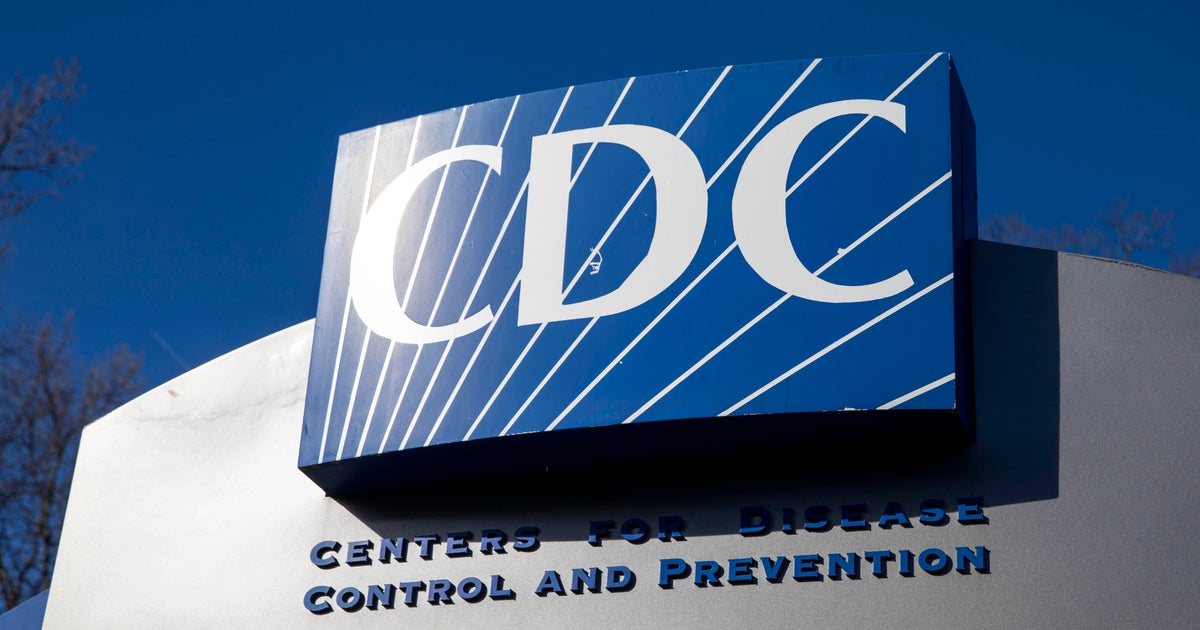CDC's cruise ship inspectors laid off amid bad year for outbreaks
All of the full-time employees in the Centers for Disease Control and Prevention's Vessel Sanitation Program are now off the job, multiple officials tell CBS News, gutting the agency's ability to investigate outbreaks and conduct health inspections on cruise ships. A smaller group of 12 U.S. Public Health Service officers will remain.
The steep cuts to the program's inspectors baffled CDC officials since the small team's staff is not paid for by taxpayer dollars. Fees from cruise ships companies pay for the program, which is supposed to inspect large vessels at least twice a year.
The epidemiologist tasked with leading the agency's outbreak response on cruise ships was included in the layoffs, multiple CDC officials said.
The cuts come as the U.S. has been battling a record surge of norovirus, largely driven by a new strain of the virus.
At least a dozen outbreaks have been documented so far this year on cruise ships, mostly from norovirus. Some of those outbreaks have made headlines for sickening dozens or even hundreds of people. There were 18 total outbreaks listed for all of last year.
Agency staff were in the middle of responding to two outbreaks when they were let go, an official said.
They were cut as part of Health and Human Services Secretary Robert F. Kennedy Jr.'s layoffs across the nation's public health agencies, which included cutting around 2,400 employees of the CDC.
An official for the Department of Health and Human Services claimed that the cruise ship work will be able to continue, since many commissioned officers from the U.S. Public Health Service in the program were not affected by the layoffs.
"Critical programs in the CDC will continue under Secretary Kennedy's vision to streamline HHS to better serve Americans. CDC's Vessel Sanitation Program (VSP) continues to monitor and assist with gastrointestinal outbreaks and track and report these illnesses," the official said in a statement.
But multiple CDC officials warned it would be challenging for the already short-staffed program to avoid cutbacks to inspections and outbreak investigations, given the steep layoffs. One called the HHS statement "frustrating."
"None of the civilian staff are there to support them. So I don't know how long they will be able to sustain their mission alone without any support," said Erik Svendsen, who was the head of the CDC's Division of Environmental Health Science and Practice before it was eliminated.
Svendsen's division oversaw the vessel sanitation program, along with other teams like the CDC's lead poisoning experts, who all remain off the job despite Kennedy's suggestion last week that he might reinstate them.
At its height, the Vessel Sanitation Program could have around two dozen staff, said a CDC official who spoke on the condition of anonymity, but it had already been struggling with a staffing shortage before the cuts.
"Affected services include outbreak investigations, coordination with state and local health departments, follow-up on lab-confirmed cases of acute gastroenteritis after travel, and communications such as website updates," the CDC official said in a message.
Only one epidemiologist remains in the program's team to investigate outbreaks, one official said, and was still in the early stages of their training.
Nearly 200 cruise ship inspections were done by the program last fiscal year. It takes around six months to train new inspectors of cruise ships.
The inspectors are tasked with checking to make sure ships are not cutting corners in a range of issues, like medical centers, water systems and food safety. For many ships, the CDC effectively serves as the only health department regulating these areas.
Similar to challenges faced by other federal inspection teams now grappling with cutbacks, the layoffs to the program's support staff will also saddle inspectors with more administrative work, multiple officials said, detracting from time that should be spent inspecting and investigating.
A CDC official said that it had already been hard to recruit to fill positions on the team, especially given its demanding schedule of travel to inspect cruise ships and respond to outbreaks.



